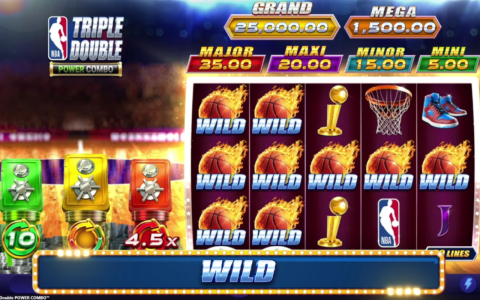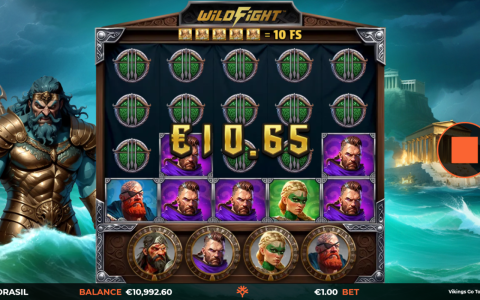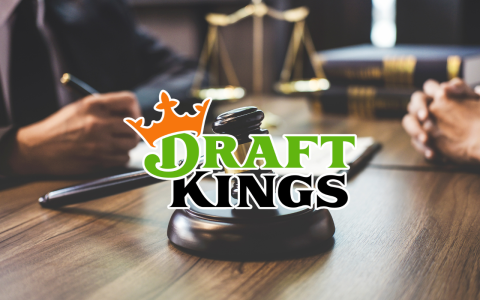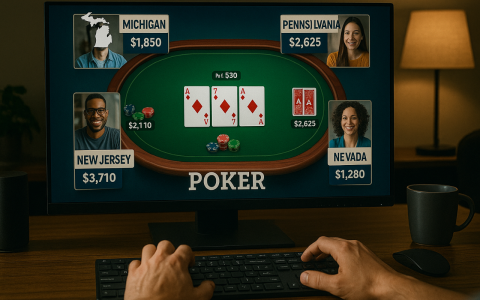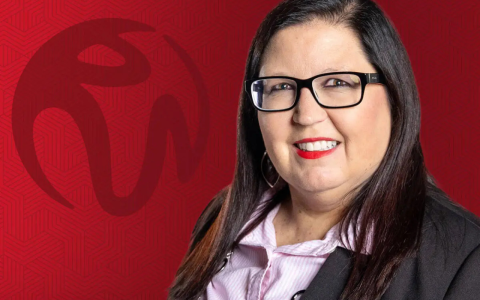Understanding the Challenges and Debates in the Gaming Sector

The State of the Gaming Industry
The American Gaming Association (AGA) recently took the opportunity during its State of the Industry Meeting to highlight some of the pivotal challenges the gaming sector is encountering, while also reflecting on its current performance. In his speech, AGA’s leader, Bill Miller, once again drew attention to the issue of illegal gambling, even though the regulated market has been experiencing a notable upswing.
AGA Targets Sweepstakes Social Casinos Once More
Miller, who serves as the Chief Executive of the association, specifically pointed out sweepstakes social casinos as a type of gaming that he believes should be considered illegal. This is because their business model permits them to profit from games of chance. However, operators of these casinos have consistently disagreed with such a characterization, reminding the AGA and other critics that the sweepstakes model has a long-standing historical basis.
This perspective has done little to soften the AGA’s stance, with the organization going so far as to describe these platforms’ business models as ‘legal acrobatics,’ which cleverly avoid being labeled as ‘betting’ or ‘gambling.’
The nature of the products offered by these platforms, the AGA emphasized, are widely considered to be a form of gambling. Yet, the Social and Promotional Gaming Association (SPGA), a newly established entity, has strongly rebutted this assertion, as it has consistently over the past few months since its formation.
The SPGA contended that the AGA is fully aware of the legal framework, with most states in the country regarding properly operated sweepstakes platforms as entirely legal. Keeping this in mind, the SPGA highlighted that its members adhere to these established legal frameworks and cannot be reasonably compared to black-market operations or offshore sportsbooks and casinos.
The SPGA Requests Recognition of the Facts
The SPGA has similarly contended that one of the AGA’s central claims that sweepstakes platforms are operating an illegal model is irresponsible and depicts scenarios that are simply inaccurate. The SPGA further emphasized that its members follow a rigorous Code of Conduct, ensuring age and location verification before accepting customers, as well as compliance with KYC (Know Your Customer) and AML (Anti-Money Laundering) policies and processes.
‘The AGA willfully ignores these facts due to a small but vocal group of members who resist competition and innovation. Millions of American adults enjoy the safe and engaging games provided by social sweeps sites. These players appreciate that no purchase is necessary to participate or win prizes.’
The organization also noted that the AGA is deliberately overlooking the preferences of American consumers, choosing instead to act on behalf of a ‘narrow band of protectionist stakeholders.’ The debate continues, with the SPGA and the AGA remaining at odds over the issue, and some states even moving to prohibit the sweepstakes model under increasing pressure.


